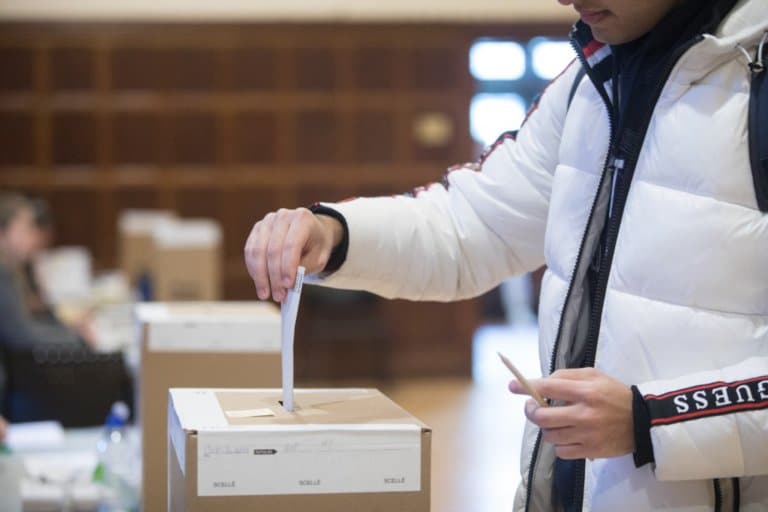
It’s election season again for many countries all over the world. While you’re bombarded with local and global news coverage of presidential candidates, it’s time to brush up on your knowledge and know your rights if you’re voting overseas.
Why should I vote?
As an international student, remaining apolitical in current affairs has weighty consequences. The very fact that you are abroad is the work of various privileges resulting from a political system that has made that option possible for you, even if you’re unaware of them. Your right to vote is a fundamental human right that is integral to democratic governance, and your vote can tip the scales toward a better future.
When you vote, you’re choosing the best representative that can address pressing issues affecting your community. You’re deciding lawmakers who can advocate for better youth-driven policies in areas like healthcare, education, and housing. Every vote counts, even when you’re miles away from all the action on the ground.
Know your rights as first-time voters
Countries like Brazil, Malaysia, the US, and Nigeria all have big elections coming up in the next few months. If you’re exercising your right to vote for the first time, the experience can be as exhilarating as it is confusing.
Part of getting to know your rights as a citizen involves having access to political literacy. However, the electoral process is rarely taught in classrooms, and as such, you might not know where to start before casting your ballot.
The first step is the easiest: checking if you’re eligible to vote. The minimum voting age differs between countries, and not all of them permit voting from abroad. You can refer to your country’s official electoral commission or use this handy database from International Institute for Democracy and Electoral Assistance (IDEAS) to see if you qualify for external voting.
How to register and request a ballot
To date, Estonia is the only country in the world that has implemented online voting for its entire electorate. Brazil will have polling stations in embassies and consulates for their registered overseas voters. The rest of the world mainly relies on postal votes and a little paperwork is required beforehand.
Typically, you’ll need to apply online for postal voting so materials can be delivered to you. This can either be sent electronically or via mail. Check for announcements from your country’s election commission so you don’t miss the deadline for registration, and be sure to verify your status once you’ve completed all the necessary steps.
If you’re voting on paper, provide a secure mailing address in your form so your ballot isn’t lost in transit.

Brazil has one of the lowest minimum voting ages at 16, and citizens abroad can vote through polling stations at selected consulates and embassies for the 2022 presidential election. Source: Carl de Souza/AFP
Submitting your vote
Time is of the essence here — your ballot will contain instructions on when and how you can cast your vote. There’s usually a timeframe for you to vote and return your completed ballot, so it’s best to do it as soon as you receive it.
In some cases, you might need attestation from your country’s appointed official after casting your vote before you can mail it back. If you can’t return your ballot electronically, check if you need to send your ballot via mail at your own cost, or if you can drop it off at the nearest consulate.
Once that’s done — congrats! You’ve just ticked off a major civic duty that could herald a watershed moment in your country’s future. Elections can be a binding force that brings communities and concerned citizens together. A great way to honour that overseas is by having educational discussions with your fellow countrymates and observing the results as they unfold. Happy voting!










